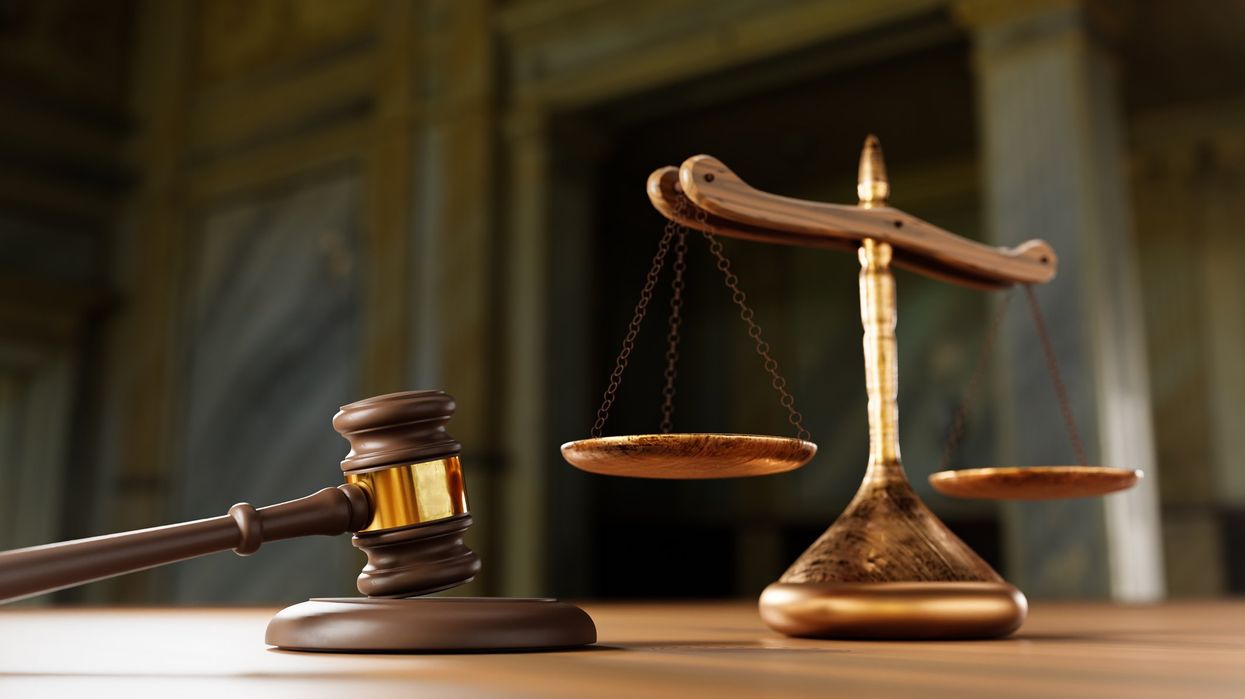“A Republic, if you can keep it.” This famous quote from Benjamin Franklin reminds us of the constant attention required to sustain our system of governance. The founders debated, argued, and ultimately constructed a Constitution for a new nation—the first modern democratic republic in the Western world still dominated by empire-building monarchies. Yet we also inherited a heavy dose of ambition, a drive to attempt self-rule. The Glorious Revolution in England had paved the way for the rule of law, establishing new limits on monarchs and diminishing unchecked aristocratic power. Most importantly, it affirmed that no one—not even a king or queen—was above the law.
And yet, from the very beginning, there has been tension between this ideal and reality. Consider King George III. In the American imagination, he became the tyrant whose “repeated injuries and usurpations” justified rebellion. The Declaration of Independence lists grievance after grievance: refusal to assent to laws, stationing armies among the people, sending “swarms of officers to harass” colonists, and hiring foreign mercenaries to enforce his will. The image is one of unchecked despotism. A closer look at the grievances reveals that most were exaggerated or propaganda. Only two of the twenty-eight were actions that King George III personally directed or had the power to control.
Modern historians and biographers, referencing King George III’s handwritten texts, tell a more complicated story. Some describe George III as pragmatic, accepting the limitations of the rule of law and Parliament than Americans acknowledged. His writing demonstrates more concern with preserving the empire than crushing liberty. So, which was he—a tyrant or a constitutional monarch? The answer depended on one’s vantage point: colonist or king.
This tension is alive today. Two Americans can look at the same institution—say, the federal government—and come to opposite conclusions about the state of our nation. One sees the rule of law still holding; the other sees fascism emerging. What about you?
For some, the rule of law is intact, even if under strain. Courts are functioning. Elections continue. Peaceful transfers of power—despite violence and disruption—remain possible. In this view, America’s institutions are imperfect but resilient. The role of citizenship, then, is to strengthen institutions:
- defend judicial independence,
- shore up voting rights,
- ensure transparency in government,
- expand civic education for the next generation.
For others, fascism is taking root. They see courts captured by partisanship, agencies bent to political will, and leaders who appear above the law. They point to the erosion of checks and balances, the intimidation of media, and the growing normalization of political violence. In this view, the task of citizenship is to weaken captured institutions:
- expose corruption,
- withdraw legitimacy from compromised systems,
- engage in protest and civil disobedience,
- build alternative networks of accountability and trust.
Our beliefs shape our actions.
The dividing line is not merely partisanship. It is our interpretation. What do you see when you look at America today?
- One citizen looks at a courthouse and sees a bulwark of justice, still standing despite stress cracks. She files lawsuits, trusting that the system can deliver.
- Another sees a hollow shell, a façade of justice no longer connected to reality. He marches in the streets, convinced only outside pressure can bring change.
Both are acting from discernment—though their discernments differ. Both can be true, too.
History reminds us: this divergence has always been part of the American story. Colonists divided into Patriots and Loyalists. Reformers divided between gradualists and abolitionists. Citizens in every era have had to decide: do we work within the system or outside it?
How do we discern, question, and ultimately choose our beliefs?
Discernment is hard work. It requires curiosity, humility, and a willingness to step beyond echo chambers. It asks us to test our own assumptions, to ask: What is true? What is propaganda? What is my fear projecting onto reality?
But discernment is not enough. Belief without action is passivity. Action without belief is chaos. What our republic requires is discernment that leads to courageous, grounded action. It also requires a heart of goodwill. An attitude that we must improve our society for the next generation.
This is Franklin’s challenge echoing across the centuries: “A Republic, if you can keep it.”
Keeping it does not mean blind loyalty to institutions, nor does it mean tearing them down for sport. It means each of us doing the inner work of discernment and then acting from that place of clarity.
So I invite you: look closely. Decide for yourself. What is the state of our nation? And what action does your belief call you to take?
The future of this republic will not be decided by politicians alone. It will be shaped by millions of individual answers to those questions—and the actions that follow.
Debilyn Molineaux Debilyn Molineaux is storyteller, collaborator & connector. For 20 years, she led cross-partisan organizations. She currently holds several roles, including catalyst for JEDIFutures.org and podcast host of Terrified Nation. She is also works with the Center for Collaborative Democracy, which is home to the Grand Bargain Project as a way to unify Americans by getting unstuck on six big issues, all at the same time. She previously co-founded BridgeAlliance, Living Room Conversations and the National Week of Conversation. You can learn more about her work on LinkedIn.




















Trump & Hegseth gave Mark Kelly a huge 2028 gift